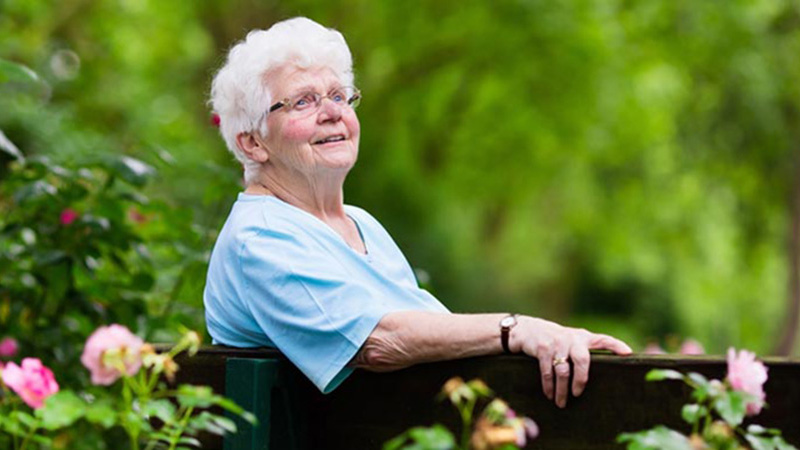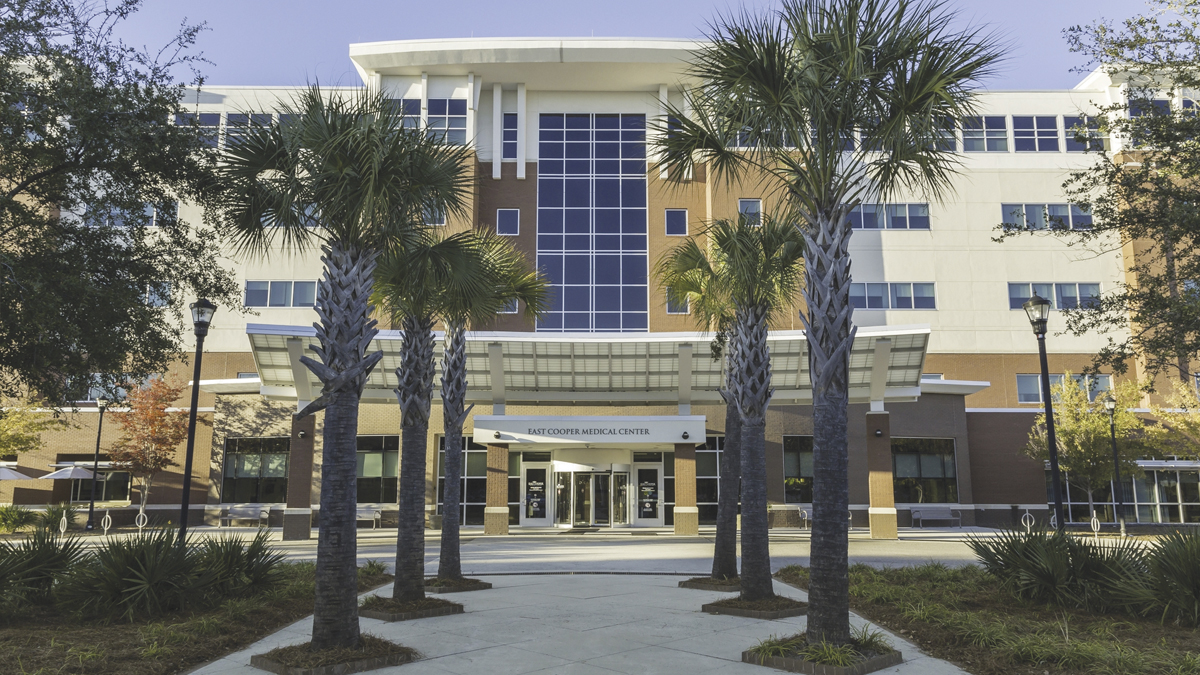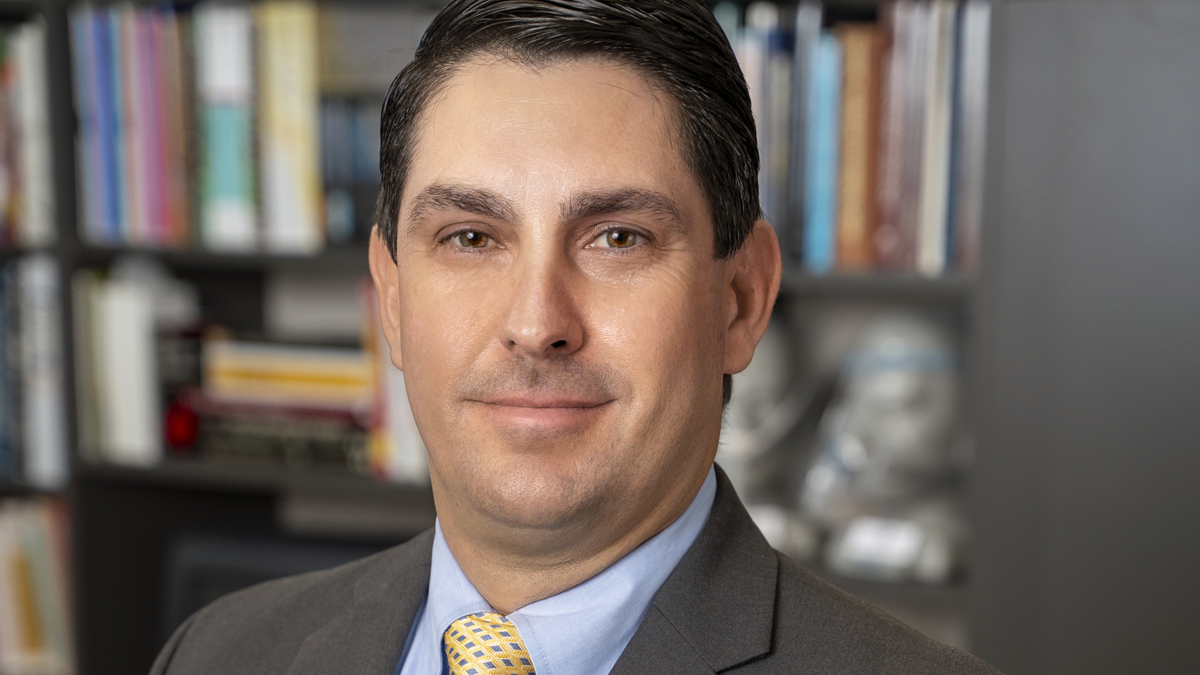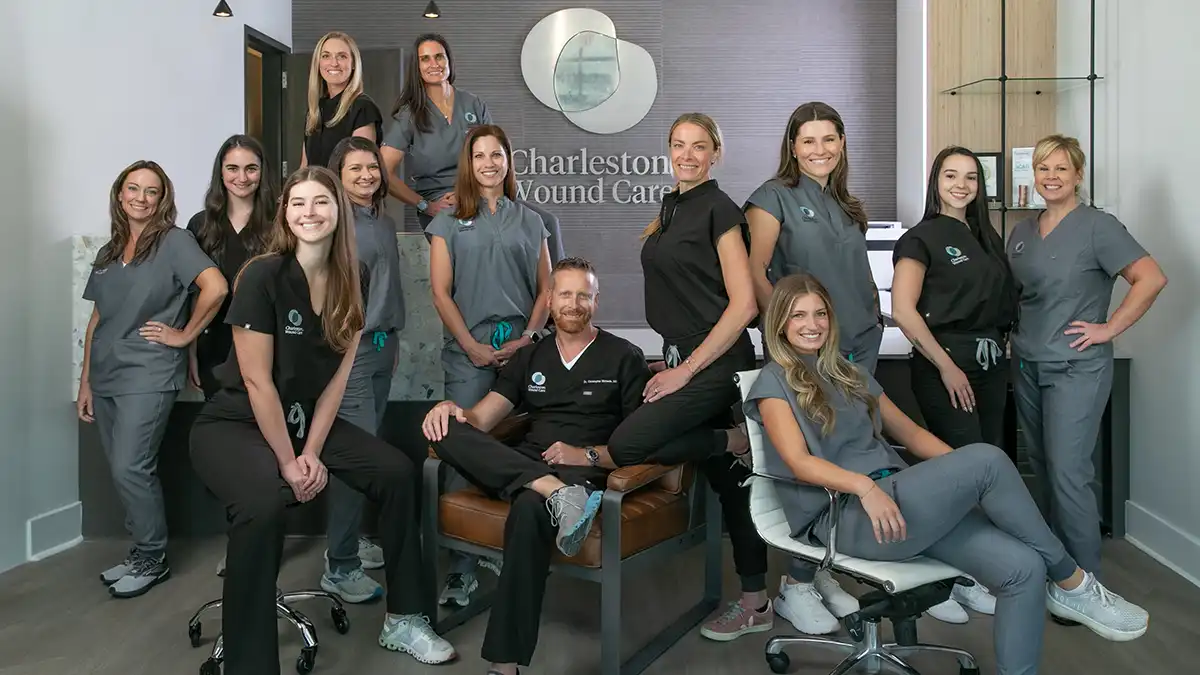“There is a misconception out there that when hospice is called, all hope is lost,” said Katherine DuPre, a social worker at PruittHealth Hospice. “That is simply not true. It’s just that hope has to be redefined.”
DuPre recalled a memorable patient of hers: “I remember working with this one gentleman who was given a terminal diagnosis.” She said she asked him what he “hoped” for. “He said he wanted to live long enough to see his daughter graduate college in two years. We worked with him to redefine what he hoped for and to be more present in the moment. He decided to be there for her presently as much as possible and to live his current days to the fullest with his daughter.”
And that’s exactly what hope looks like when facing a terminal diagnosis: “It’s staying present in the beautiful moments happening all around you,” said DuPre.
At PruittHealth Hospice, their job is to meet people at this new turning point in their life, whether it be from an injury or illness, and help them with all their needs.
“That way they aren’t bouncing around from specialist to specialist,” DuPre said.
Everything from pharmacists, skilled nurses, rehab and even infusion therapy is housed under one roof at PruittHealth and is covered 100 percent by Medicaid, Medicare and all private health insurance plans.
DuPre stressed that the path is different for everyone.
“There is no one answer,” she said, adding that people should seek their help early. “The misconception that hospice means the end sometimes causes people to wait to contact us. The earlier we meet with patients, the more we can do for them.”
From the chaplain’s standpoint at PruittHealth Hospice, hope is often achieved once patients realize they aren’t alone in the process.
Janice Meyer, the chaplain and volunteer coordinator with PruittHealth Hospice. “I try to teach the ministry of presence and help them realize they aren’t alone.”
Meyer said that they approach a terminal illness spiritually, psychologically, physically and emotionally.
Janice Meyer, the chaplain and volunteer coordinator with PruittHealth Hospice. “I try to teach the ministry of presence and help them realize they aren’t alone.”
Meyer said that they approach a terminal illness spiritually, psychologically, physically and emotionally.
“Grief has spiritual, psychological, emotional and even physical attributes. Of course, we address the physical first, but all those other aspects need to be addressed, too,” she explained.
Meyer said that it is very important at PruittHealth Hospice to integrate a patient’s culture and faith into the patient’s care.
“We want to honor what they want and put them in control,” she said. “When you reach the point of a terminal diagnosis, you are already giving up so much control. You just can’t do what you did before. It’s important that we understand how hard it is for people to lose control of their life.”
Meyer said that they also offer counseling for families, including a 13-month bereavement support program and even bereavement camps for children. She also pointed out that her volunteers play a vital role in the whole process.
“One volunteer helped a patient who wanted to finish an address book – she helped the patient from start to finish complete the project. Some patients just want someone to play board games or listen to music,” Meyer said. “Our volunteers are such blessings.”
Meyer explained that at PruittHealth, hope is a bridge.
“People come to us hopeless, and we make the link to hopefulness,” she said. “We feel so honored to be a part of this journey with our patients.”







